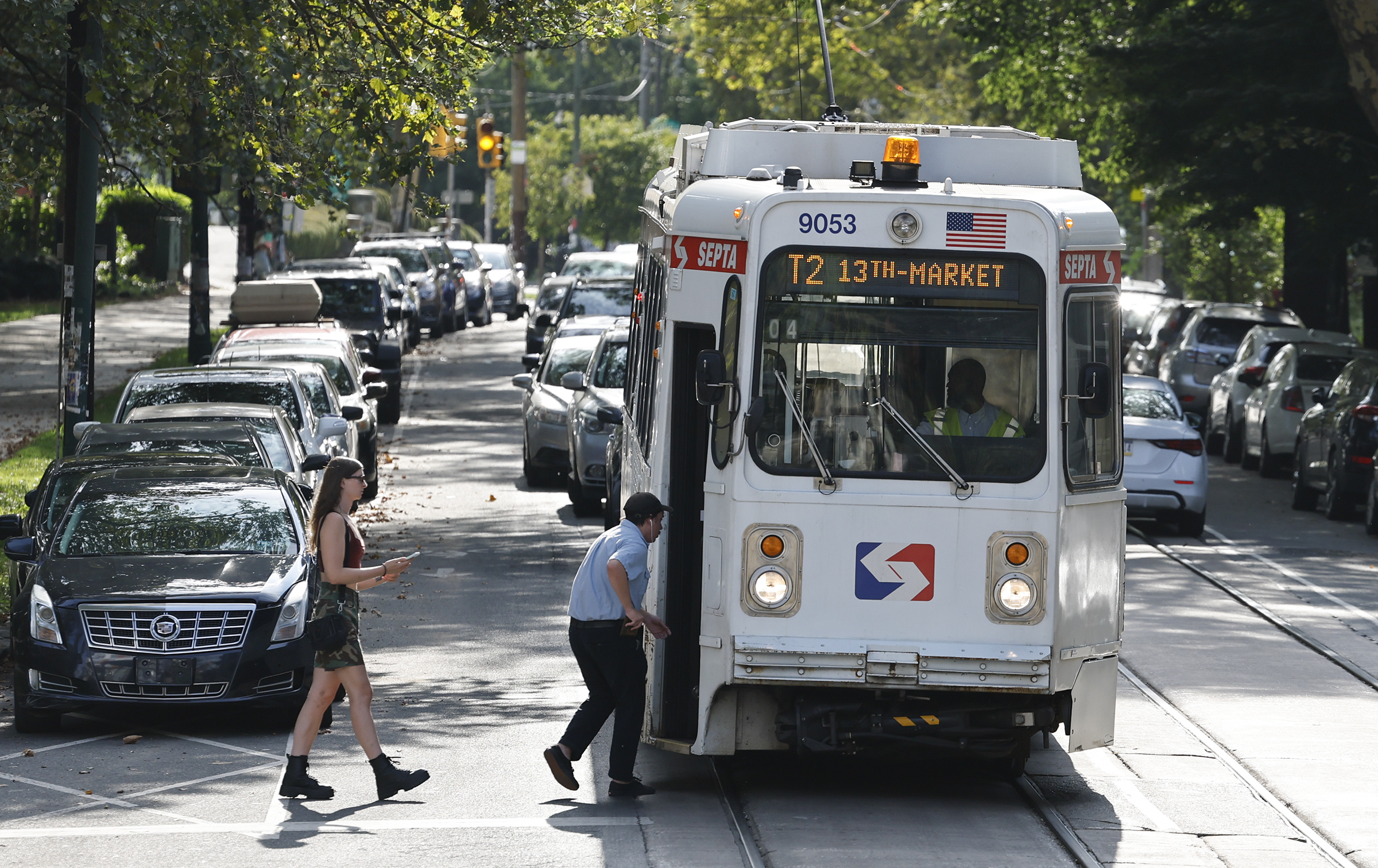SEPTA Morale, Roosevelt Boulevard Subway, and Key Takeaways from Our Transit AMA on Reddit

SEPTA Restores Service After Financial Crisis
SEPTA recently restored service to many bus, train, and trolley routes after implementing severe cuts in late August. These cuts were a direct result of a $213 million financial shortfall and a political stalemate in Harrisburg regarding state funding for mass transit. The reduction in service affected thousands of riders, but the situation was reversed when SEPTA received approval from Gov. Josh Shapiro to use capital funds.
As riders adjusted to yet another change in transit schedules on Monday, Inquirer transportation reporter Thomas Fitzgerald addressed questions during a Reddit AMA with r/Philadelphia. Here are some key highlights from the discussion. Some questions and answers have been edited for clarity and tone.
Short-Term Fix or Delayed Crisis?
One question raised whether using capital funds merely delayed an inevitable crisis. The term "resolution" was placed in quotes, as it's clear that without significant changes, the issue will resurface. While there is a promise to work on long-term funding, this commitment is seen as insubstantial. Politicians often act on adrenaline and crises, so expect action only when the situation worsens again. Two years is a reasonable estimate, though a pandemic or recession could accelerate the next crisis.
Impact of the Lawsuit
Another query focused on the lawsuit filed by George Bochetto, which argued that SEPTA’s service cuts unfairly burdened people of color and low-income communities. However, the lawsuit did not significantly affect the decision to use capital funds, as there was no full funding or long-term plan in place. The injunction granted in the case was surprising, as previous similar lawsuits in 2003 and 2007 had also led to reversals. The judge’s order lacked a clear rationale or precedent, making the outcome somewhat unprecedented.
Long-Term Funding Efforts
Despite the temporary fix, advocates for SEPTA funding remain committed to pushing for a long-term solution. However, temporary solutions often allow all parties to avoid difficult decisions. Other pressing state budget issues, such as the recent $1.5 billion loan for Philly schools, complicate the landscape. These challenges may further delay progress on transit funding.
SEPTA Morale and Challenges
SEPTA employees are exhausted and uncertain about their future. Without a concerted effort from leaders like Gov. Shapiro and Transportation Secretary Mike Carroll, stability remains elusive. While the lights are on, this is seen as a small victory. There is speculation about whether certain lines, like the Cynwyd and Chestnut Hill West, exist due to high-level influence, but these lines have the lowest ridership among Regional Rail options.
Union Response and Future Plans
The Transport Workers Union (TWU) 234 was relatively quiet on the funding issue, but local President Brian Pollitt spoke about it in August. With Will Vera set to become the next president, the union faces upcoming contract negotiations, adding complexity to the situation.
Impact on Future Projects
The stopgap solution has implications for planned investments, such as the Trolley Modernization Project. While no rider safety projects will be impacted, other initiatives may face delays. This means future funding battles will need to cover both capital money and operational costs.
Taxation of Gaming and Marijuana
There is limited appetite for new transit funding mechanisms, such as taxing gaming or recreational marijuana. Gov. Shapiro proposed a marijuana tax, but opposition from various groups made it unlikely. Similar attempts to tax convenience store games have faced resistance, particularly from Republicans concerned about small businesses and Democrats wary of the impact on disadvantaged communities.
Cost of the Debate
Estimating the cost of the funding debate is challenging. While SEPTA employees were still working and paid, legal costs remain unclear. The debate itself has likely involved significant expenses, though exact figures are not publicly available.
Misconceptions About SEPTA
A common misconception is that SEPTA is poorly managed financially. While fare evasion is a problem, it is not the primary cause of the funding crisis. Fares only cover a fraction of the true cost of operating services, which are heavily subsidized. SEPTA is considered efficiently managed compared to its peers.
Bus Revolution and Roosevelt Boulevard Subway
The Bus Revolution, a long-planned reorganization of the region’s bus network, was put on indefinite hold last November. It is expected to resume in the spring, with plans already in place. The project is described as cost-neutral and already included in the budget.
The Roosevelt Boulevard Subway project, a long-standing proposal, remains aspirational due to high costs. Without sustainable state funding, such ambitious projects are difficult to pursue.
Overall, while SEPTA has restored service, the underlying issues of funding and long-term planning remain unresolved, highlighting the need for a comprehensive and sustainable approach to public transit in the region.

Posting Komentar untuk "SEPTA Morale, Roosevelt Boulevard Subway, and Key Takeaways from Our Transit AMA on Reddit"
Posting Komentar